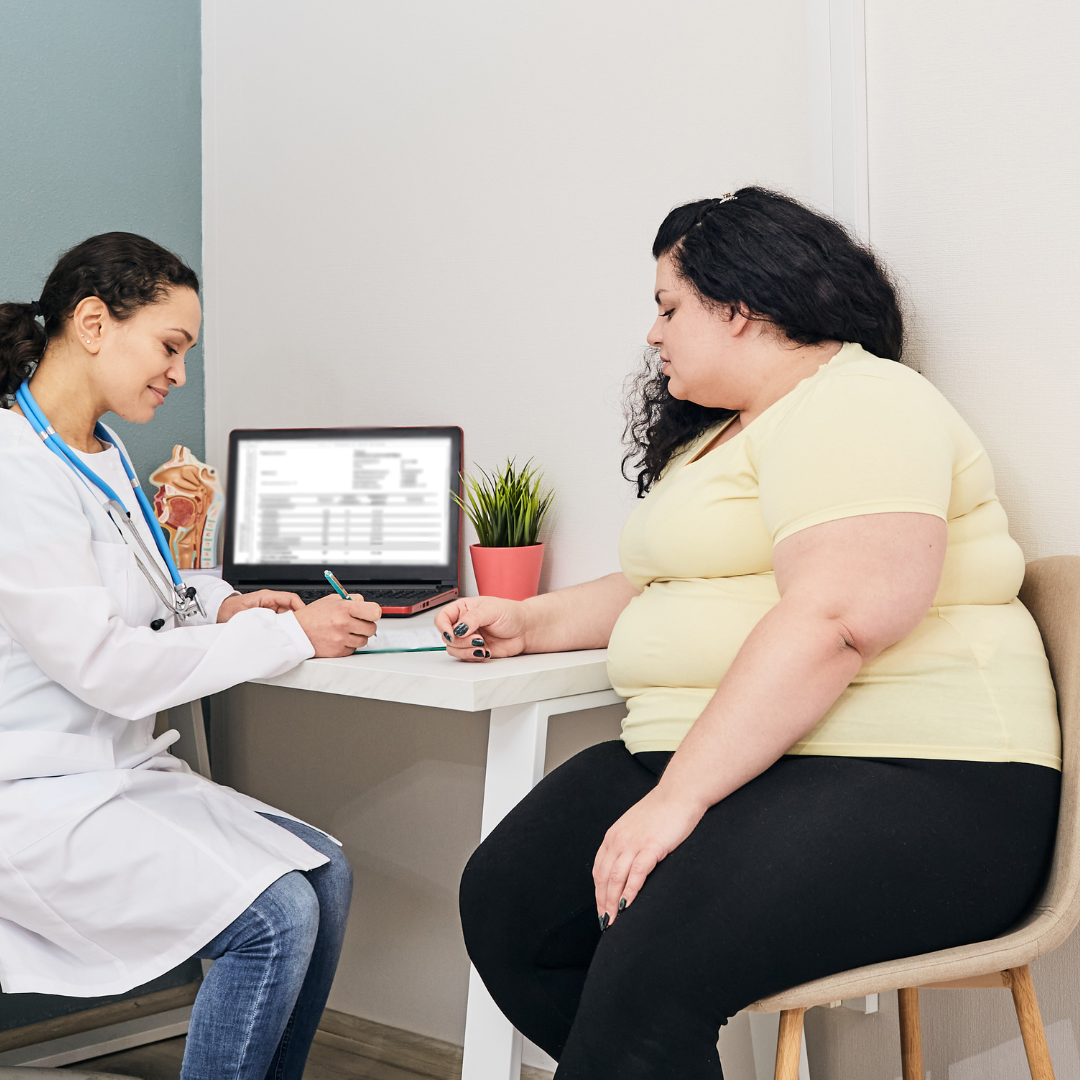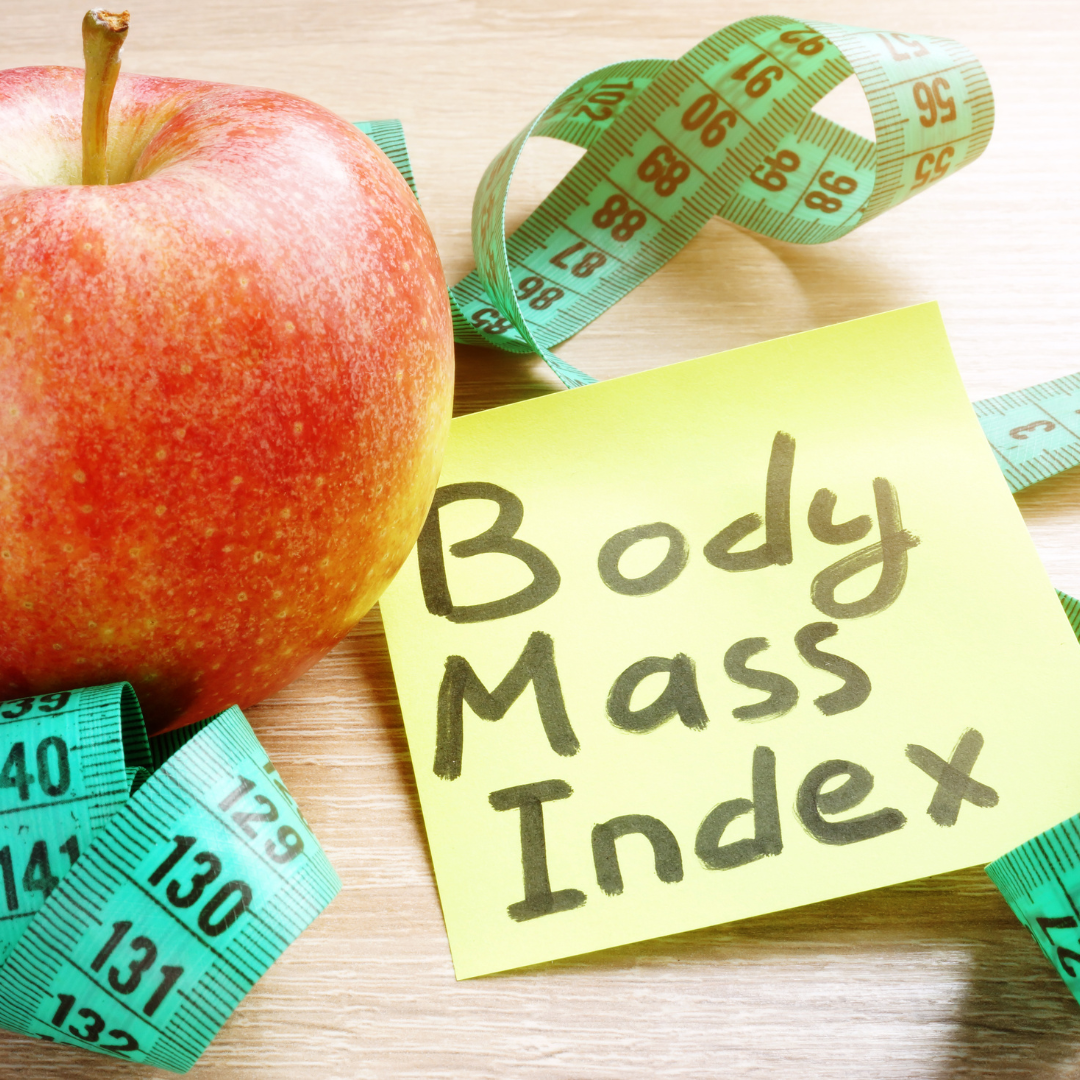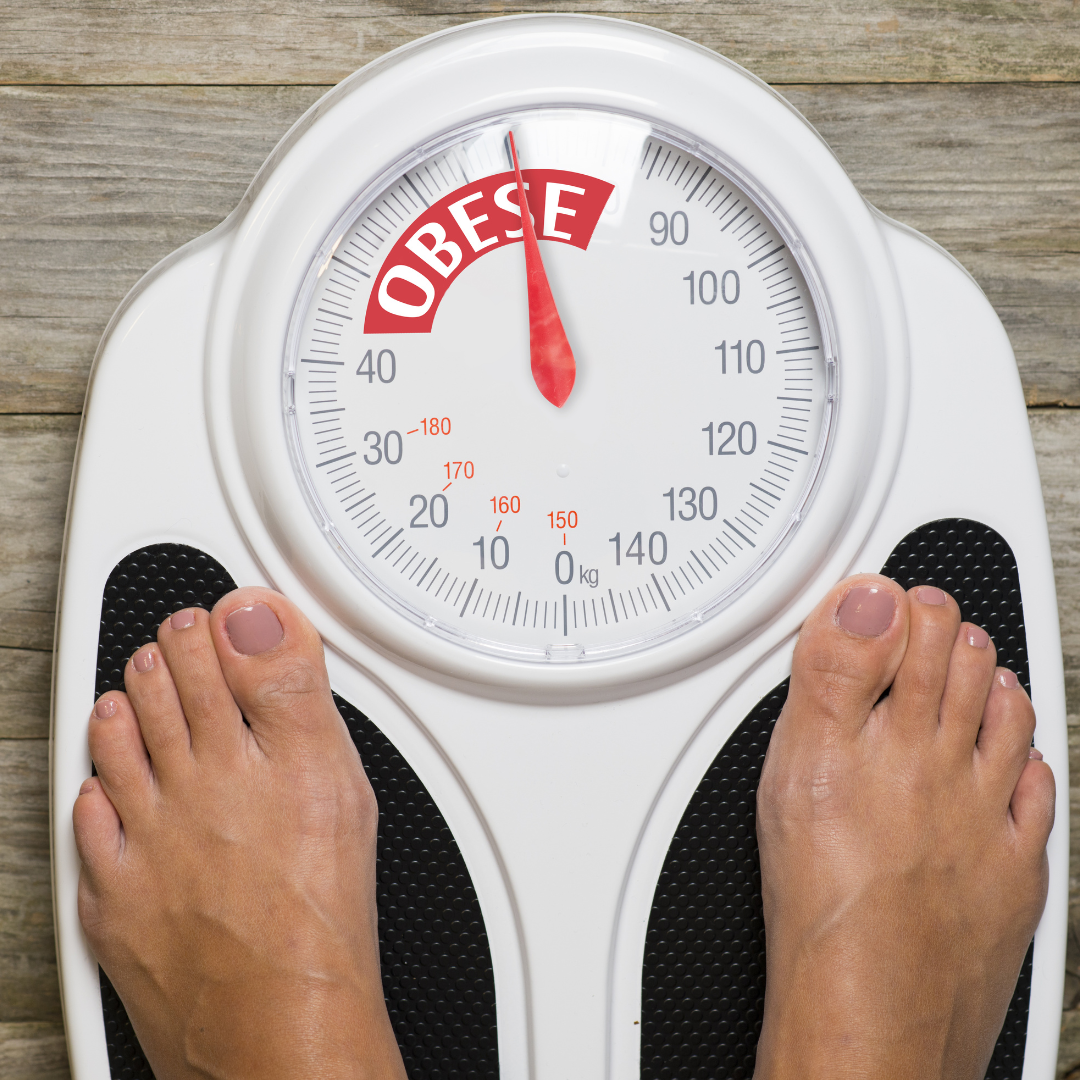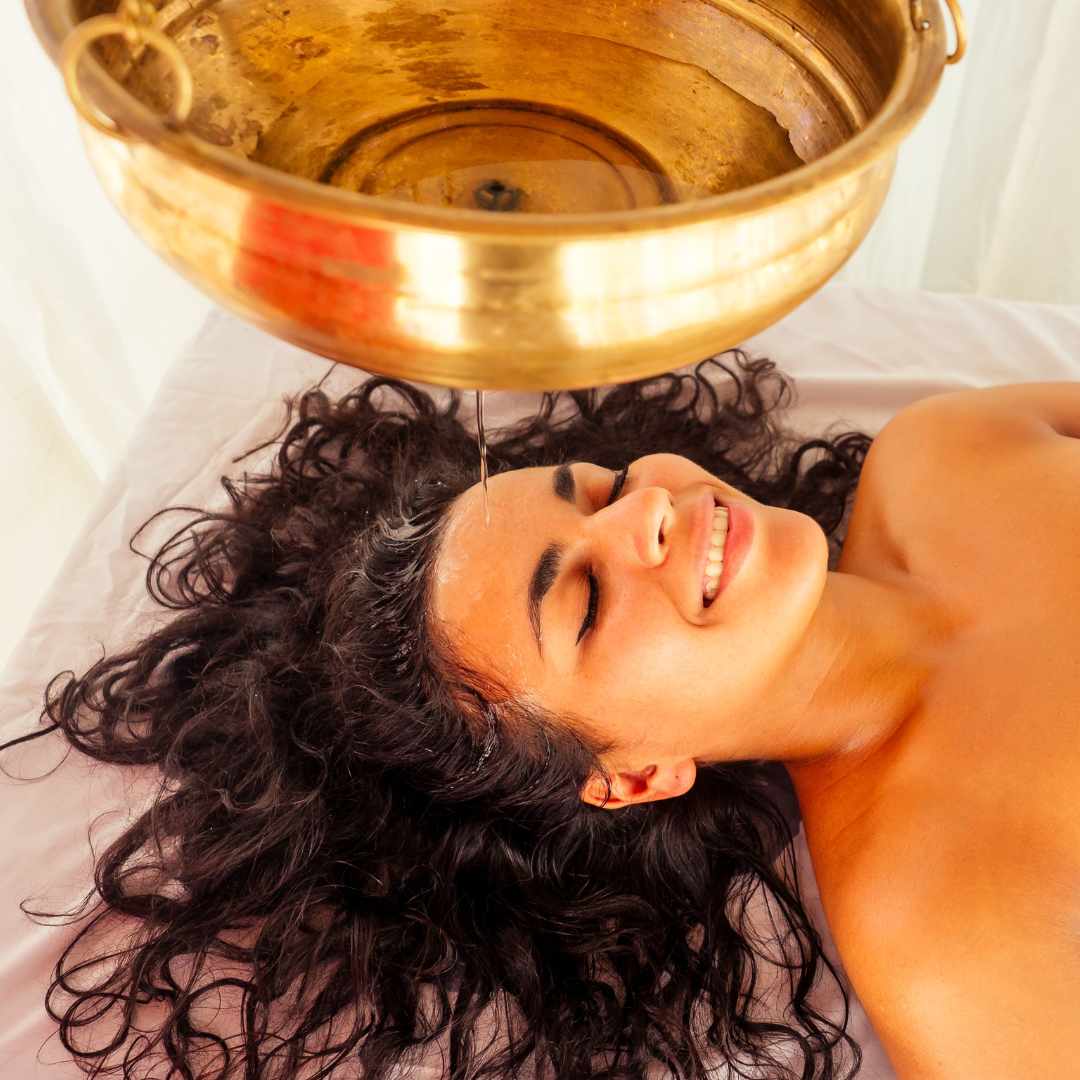Obesity Reversal

Obesity Reversal
In today's fast-paced world, both men and women face unique challenges in maintaining health and wellness. Obesity, a widespread health issue, affects individuals worldwide due to various factors such as hormonal changes, sedentary lifestyles, and unhealthy eating habits. Excessive body fat impacts not only physical appearance but also increases the risk of diabetes, heart disease, and other health complications. Ayurveda, the ancient Indian system of medicine, offers effective and natural solutions to combat obesity and manage related lifestyle diseases by identifying and addressing their root causes.
Root Causes (Nidanas) of Obesity
Obesity is a metabolic disorder typically resulting from an imbalance between energy intake and expenditure. It is particularly prevalent in affluent societies and is often associated with sedentary lifestyles and unhealthy dietary habits. In Ayurveda, the root causes of obesity include:
- Dietary Causes: Excessive consumption of energy-dense foods high in fat and carbohydrates.
- Behavioral Causes: Lack of physical activity, irregular food habits, and excessive daytime sleeping.
- Psychological Causes: Stress, anxiety, and other mental health issues.
- Miscellaneous Causes: Age, sex, genetics, endocrine disorders, medications (e.g., steroids, oral contraceptives), and improper administration of therapeutic measures.
Ayurveda categorizes obesity (Sthaulya) and excess fat tissue (Medovriddhi) as conditions resulting from an imbalance of the doshas, with Medovriddhi being the initial stage that can progress to Sthaulya if left unchecked.

The Ayurvedic Approach: Beyond BMI
Ayurveda emphasizes that each individual's body type (Prakriti) has unique traits, and a healthy Body Mass Index (BMI) range can vary accordingly. Instead of solely relying on BMI, Ayurvedic assessments focus on understanding one's body constitution (Vata, Pitta, Kapha) to develop personalized treatment plans. This holistic approach ensures that treatments are tailored to the specific needs and imbalances of each individual, promoting sustainable and effective weight management.

Root Causes (Nidanas) of Obesity
Obesity is a metabolic disorder typically resulting from an imbalance between energy intake and expenditure. It is particularly prevalent in affluent societies and is often associated with sedentary lifestyles and unhealthy dietary habits. In Ayurveda, the root causes of obesity include:
- Dietary Causes: Excessive consumption of energy-dense foods high in fat and carbohydrates.
- Behavioral Causes: Lack of physical activity, irregular food habits, and excessive daytime sleeping.
- Psychological Causes: Stress, anxiety, and other mental health issues.
- Miscellaneous Causes: Age, sex, genetics, endocrine disorders, medications (e.g., steroids, oral contraceptives), and improper administration of therapeutic measures.
Ayurveda categorizes obesity (Sthaulya) and excess fat tissue (Medovriddhi) as conditions resulting from an imbalance of the doshas, with Medovriddhi being the initial stage that can progress to Sthaulya if left unchecked.

Panchakarma (Shodhan) Therapies at Kiaan Ayurveda
Panchakarma is a cornerstone of Ayurvedic treatment, focusing on detoxification and rejuvenation to balance the doshas and improve overall health. At Kiaan Ayurveda, the following Panchakarma therapies are recommended for managing obesity:
- Vaman (Therapeutic Emesis): Induces vomiting to cleanse the upper digestive tract.
- Virechan (Therapeutic Purgation): Cleanses the lower digestive tract through purgation.
- Lekhan Vasti (Medicated Enema): Administers medicated enemas to cleanse the colon.
These therapies help eliminate toxins (Ama) from the body, reduce excess fat, and restore balance to the doshas.

Palliative (Shamana) Methods of Treatment at Kiaan Ayurveda
Alongside Panchakarma, Kiaan Ayurveda offers palliative treatments to manage obesity through natural and holistic approaches. These include:
- Langhan (Fasting): Controlled fasting to enhance metabolism and burn excess fat.
- Ama Pachan: Use of digestive herbs to improve metabolism and reduce fat.
- Ruksha Udwartan (Dry Medicated Powder Massage): Stimulates circulation and aids in fat reduction.
- Herbal Remedies: Use of single herbs like Guduchi, Vidanga, Musta, Sunthi, Amla, Vaca, and compound formulations like Trikatu, Navak Guggulu, Triphala Guggulu, Vidangadi Churna, Takrarishta, and Arogya Vardhini Vati to manage weight and improve overall health.

Do's
Diet:
- Consume low-fat, low-calorie foods.
- Include high-protein foods to stay fuller for longer.
- Prefer steamed, boiled, or baked vegetables over fried ones.
- Eat frequent small meals to avoid cravings.
- Drink skimmed milk and warm water.
- Incorporate healthy foods like oatmeal, walnuts, salads, bitter gourd, drumstick, barley, wheat, green gram, honey, Indian gooseberry, pomegranate, and skimmed buttermilk.
- Use lemon in diet and drinks.
Physical Activity:
- Engage in mild to moderate exercise according to individual capacity.
- Develop a regular habit of brisk morning walks for at least 30 minutes.
- Practice yoga and meditation to manage stress and promote mental clarity.
Do's and Don'ts (Pathya-Apathya) in Obesity Management
Maintaining a healthy lifestyle is crucial for managing obesity. Kiaan Ayurveda provides the following guidelines:

Don'ts
Diet:
- Avoid high-carbohydrate vegetables like potatoes and rice.
- Limit sugary or sweet products, excessive dairy products, fried and oily foods, fast foods, and excessive salt.
Lifestyle:
- Avoid sedentary habits and excessive sleep.
- Refrain from watching TV while eating.
- Avoid alcohol and smoking.
Kiaan Ayurveda
Online Ayurvedic Consultation
Share

Contact form
Pelvic Inflammatory Disease OR PID
Introduction
Pelvic inflammatory disease (PID) is a significant health concern affecting the female reproductive organs, including the uterus, fallopian tubes, and ovaries. Typically caused by sexually transmitted infections such as chlamydia and gonorrhea, PID can lead to severe complications if left untreated. At Kiaan Ayurveda, we offer a holistic approach to managing PID by addressing underlying imbalances, reducing inflammation, supporting reproductive health, and promoting overall well-being. Kiaan ayurveda is your one stop solution for ayurvedic treatment for Pelvic inflammatory disease (PID)
What is Pelvic Inflammatory Disease?
Pelvic inflammatory disease (PID) is an infection that affects the female reproductive organs. It occurs when bacteria from the vagina or cervix travel up into the uterus, fallopian tubes, and ovaries, causing inflammation and potential damage to these organs. PID can result in various complications, including infertility, chronic pelvic pain, and an increased risk of ectopic pregnancy.
Ayurvedic View
According to Ayurveda, PID is primarily caused by an imbalance in the Pitta and Kapha doshas. Imbalanced Pitta leads to inflammation and heat in the reproductive organs, while imbalanced Kapha can cause congestion and blockages. Ayurvedic treatment aims to balance the doshas, reduce inflammation, support reproductive health, and promote overall well-being.
Causes of PID
The primary cause of pelvic inflammatory disease is bacterial infection, often resulting from sexually transmitted infections (STIs). Common causes include:
- Bacterial Infections: Infections from bacteria like Chlamydia trachomatis and Neisseria gonorrhoeae are the most common causes of PID.
- Sexually Transmitted Infections (STIs): Unprotected sexual intercourse with an infected partner increases the risk of developing PID.
- Insertion of Intrauterine Devices (IUDs): Incorrect insertion or presence of a bacterial infection during IUD placement can lead to PID.
- Childbirth or Gynecological Procedures: Procedures involving the cervix or uterus can introduce bacteria into the reproductive organs and potentially cause PID.
Symptoms of PID
The symptoms of pelvic inflammatory disease can vary in severity and may include:
- Lower abdominal or pelvic pain
- Abnormal vaginal discharge with a foul odor
- Painful or difficult urination
- Painful sexual intercourse
- Irregular menstrual bleeding or heavy periods
- Fever and chills
- Nausea or vomiting
- Fatigue or general malaise
Ayurvedic Treatment Approach at Kiaan Ayurveda
Diet and Lifestyle Modifications
- Follow a balanced diet rich in fresh fruits, vegetables, whole grains, lean proteins, and healthy fats.
- Stay hydrated by drinking plenty of water and herbal teas.
- Practice good personal hygiene and maintain sexual health.
- Incorporate stress reduction techniques like meditation, deep breathing exercises, and gentle yoga.
Herbal Remedies
- Ayurvedic herbs like Guduchi (Tinospora cordifolia), Ashoka (Saraca asoca), Shatavari (Asparagus racemosus), and Neem (Azadirachta indica) are used to reduce inflammation and support reproductive health, as prescribed by an Ayurvedic practitioner.
Panchakarma Therapy
- Panchakarma: This set of Ayurvedic detoxification procedures is recommended to eliminate toxins, balance the doshas, and support overall well-being. Specific treatments such as Yoni Prakshalana (vaginal irrigation) and Swedana (herbal steam therapy) may be advised based on the individual’s condition.
Grown-Up Girls: Addressing Underlying Issues
Wrong menstrual regime and hygiene are leading causes of PID and sexually transmitted diseases, which can result in symptoms like thick or thin white discharge, itching in private parts, inflammation, painful urination, dyspareunia (painful intercourse), irregular periods, and mid-cycle spotting. Ignoring these symptoms can lead to vaginitis, cervicitis, bacterial growth, and severe complications like tuberculosis infection, fallopian tube blockage, and infertility.
Conclusion
Pelvic inflammatory disease requires proper medical evaluation, care, and attention. At Kiaan Ayurveda, we offer a holistic approach to managing PID by addressing underlying imbalances, following a balanced diet and lifestyle, incorporating herbal remedies, and practicing Panchakarma therapy. Our goal is to support individuals with PID in reclaiming their reproductive health and overall well-being. For an accurate diagnosis and appropriate medical care for pelvic inflammatory disease, consult with a qualified Ayurvedic practitioner at Kiaan Ayurveda today.

